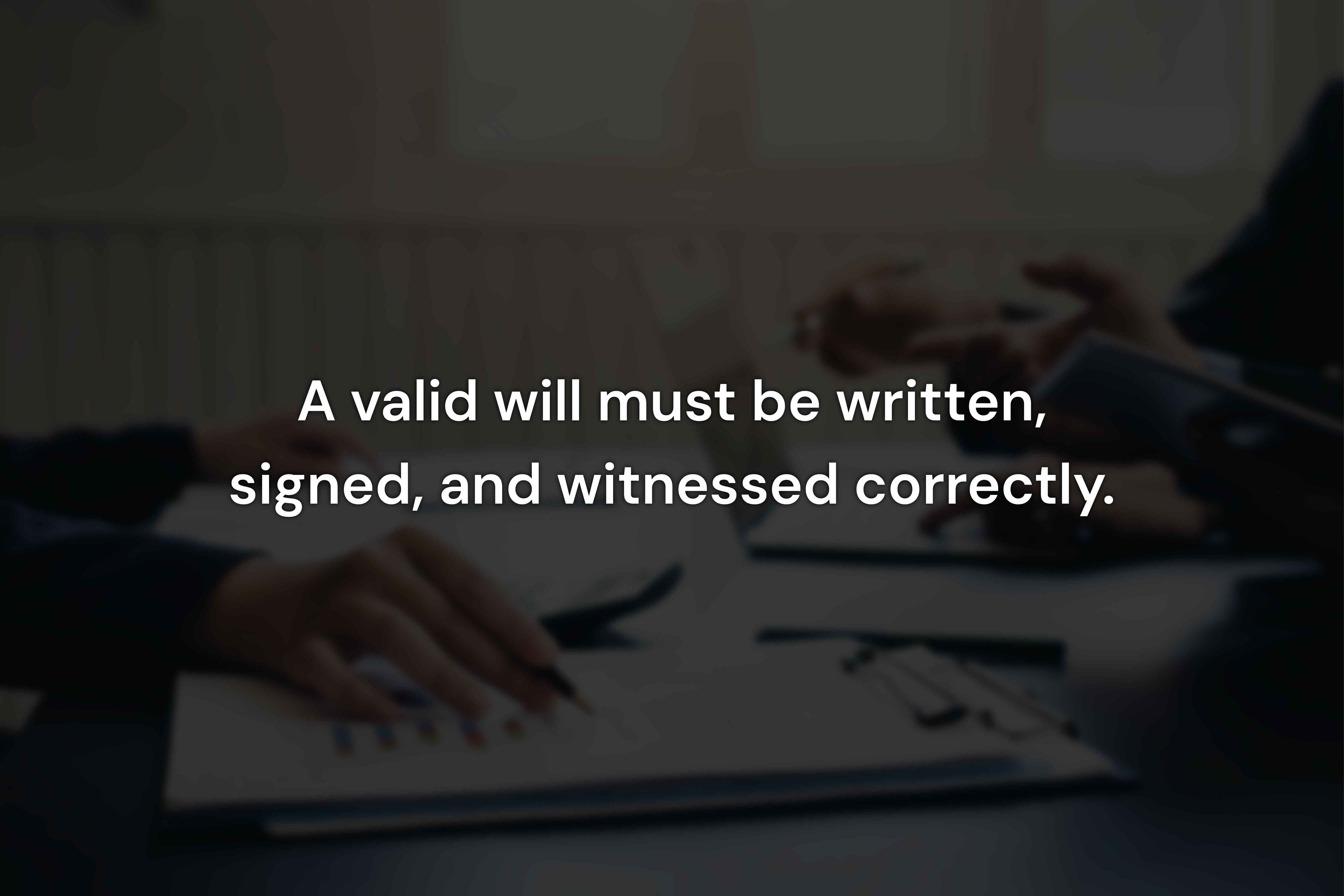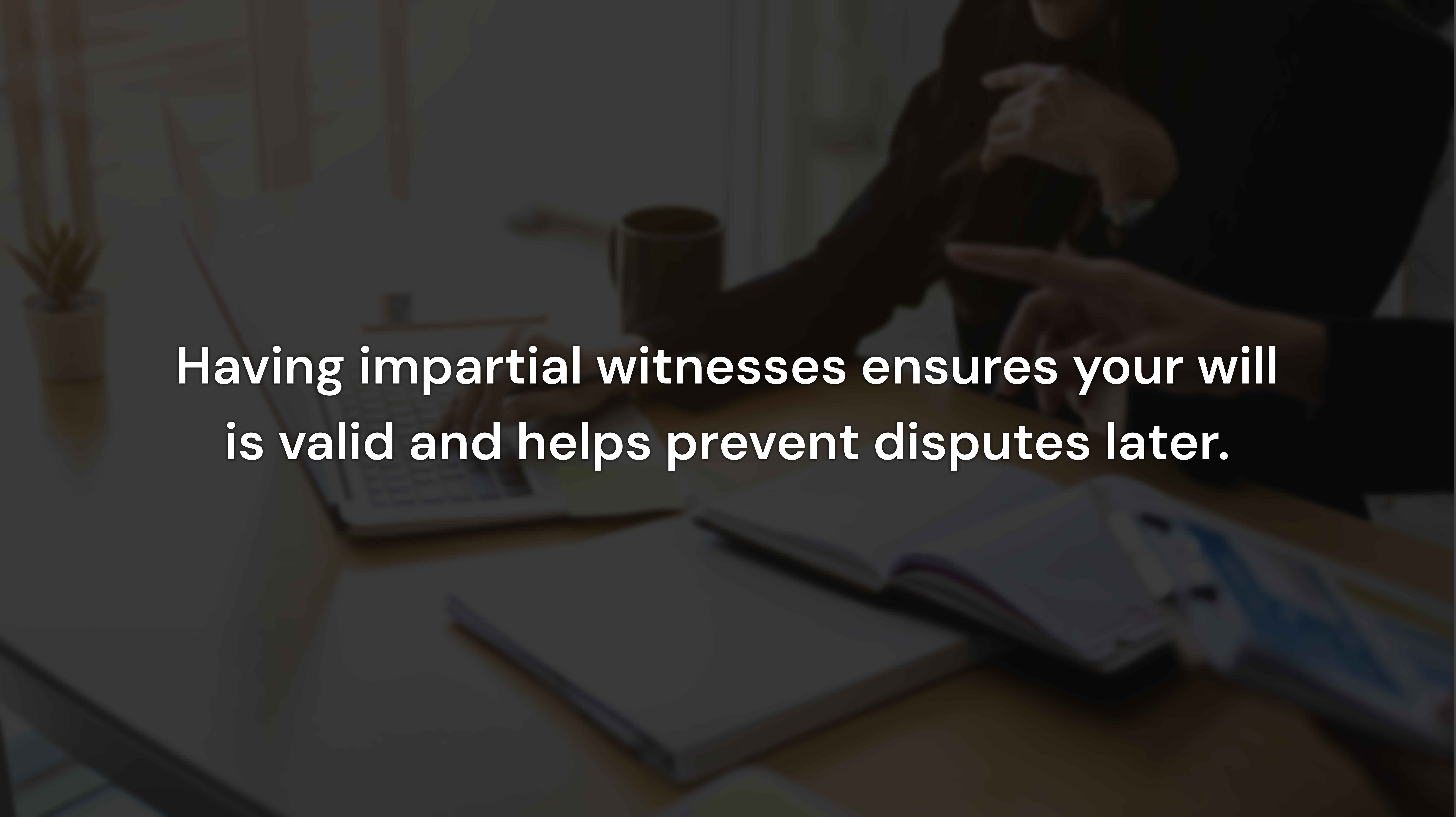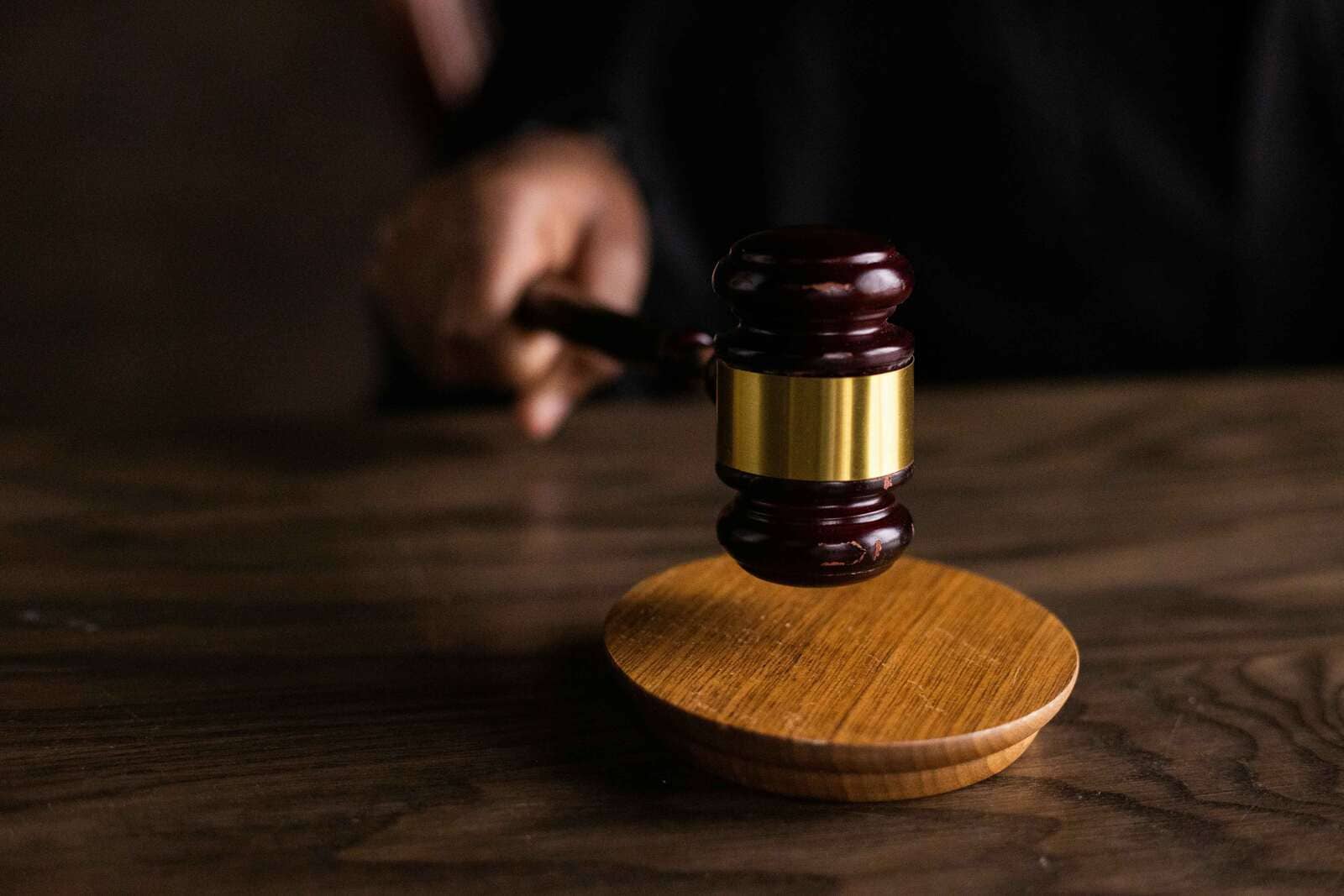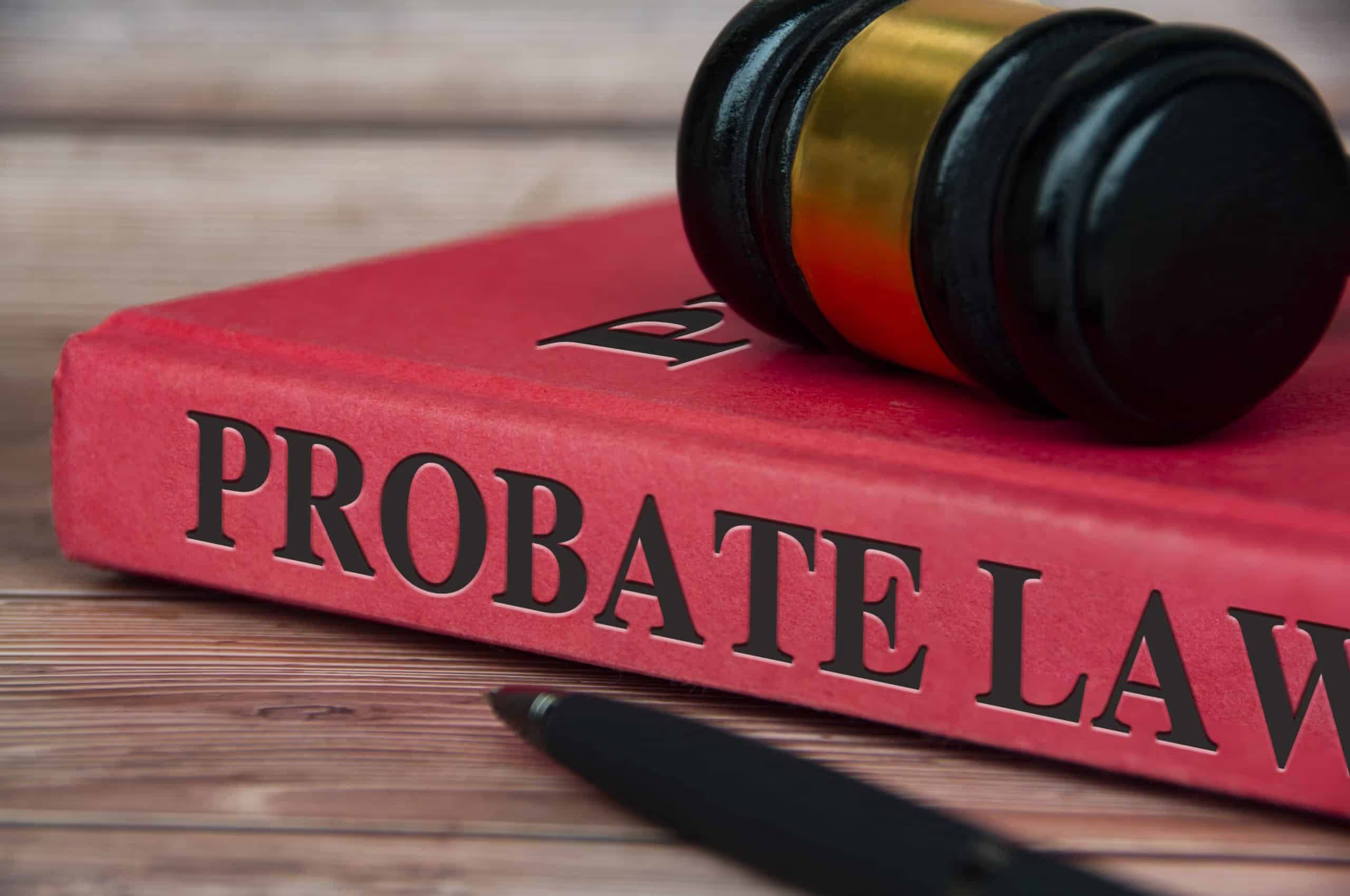Creating a will is one of the most important steps in protecting your family and property, but it must meet specific legal requirements to be valid. A will that doesn’t follow state law can be challenged or even rejected by the probate court. Understanding how to make a will legal ensures that your wishes are honored and your estate is handled smoothly.

What Makes a Will Legal
For a will to be legally valid, it must meet several conditions. These requirements can vary slightly by state, but most follow similar principles.
The essential elements include:
- Legal capacity: The person making the will (the testator) must be at least 18 years old and of sound mind.
- Written document: Most states require the will to be in writing, either typed or handwritten. Oral wills are rarely accepted.
- Intent: The testator must clearly state that the document represents their final wishes.
- Signature: The will must be signed by the testator, usually at the end of the document.
- Witnesses: At least two competent witnesses must observe the signing and sign the document themselves.
In California, holographic (handwritten) wills can be legal if the signature and key provisions are written entirely by the testator and it’s clear that the document is intended as a will.
Why Witnesses Are Important
Witnesses help confirm that the will was created voluntarily and without undue influence. They ensure that the testator appeared mentally competent and understood the document’s purpose. Witnesses should not be beneficiaries named in the will to avoid conflicts of interest.
If a beneficiary does serve as a witness, they may risk losing part or all of their inheritance depending on state law. Choosing impartial witnesses protects the will from future challenges.

Can You Make a Will Without a Lawyer?
Yes, you can create a will without an attorney, but doing so increases the risk of mistakes. Free templates or online forms can be useful starting points, but they often fail to comply with specific state laws. A single error—such as missing signatures, incorrect language, or improper witnessing—can invalidate the entire document.
Working with a qualified estate planning attorney ensures your will meets all legal requirements and accounts for unique situations such as blended families, business ownership, or complex property.
Notarizing a Will
Notarization is not required in most states, including California, to make a will valid. However, adding a self-proving affidavit can make probate faster. This affidavit is a notarized statement signed by the testator and witnesses confirming the will’s authenticity. It prevents the court from having to locate witnesses later, saving time and reducing disputes.
Updating or Revoking a Will
A will remains valid until it is replaced or revoked. To update a will, you can either create a new one or add a codicil, which is a legally recognized amendment. The codicil must be signed and witnessed under the same rules as the original document.
You can revoke a will by:
- Creating a new will that states the old one is revoked
- Physically destroying the old document with the intent to revoke it
- Making a written declaration of revocation signed and witnessed properly
Keeping your will current ensures it accurately reflects your life changes, such as marriage, divorce, or new assets.
Common Mistakes That Invalidate a Will
Even small errors can cause legal challenges during probate.
Common mistakes include:
- Failing to sign or properly witness the document
- Using unclear or contradictory language
- Forgetting to include backup beneficiaries or executors
- Leaving out certain assets or new property acquisitions
- Storing the will in an inaccessible or unknown location
A will should always be clear, complete, and easy for the court to verify. Consulting an attorney ensures that all formalities are met.

Where to Keep Your Will
A legal will should be stored in a secure and accessible place. Many people choose a fireproof safe at home, a safe deposit box, or their attorney’s office. It’s important to tell your executor or a trusted family member where the document is kept and how to access it when needed.
Why Professional Guidance Matters
A properly drafted will provides peace of mind, prevents family disputes, and reduces the risk of lengthy probate delays. Each state has its own technical rules, so a professionally prepared document offers stronger legal protection.
If you need to draft, review, or update your will, contact an experienced estate planning attorney in Los Angeles, CA. They can help you ensure your will is legally valid, clearly written, and fully compliant with California law.



























